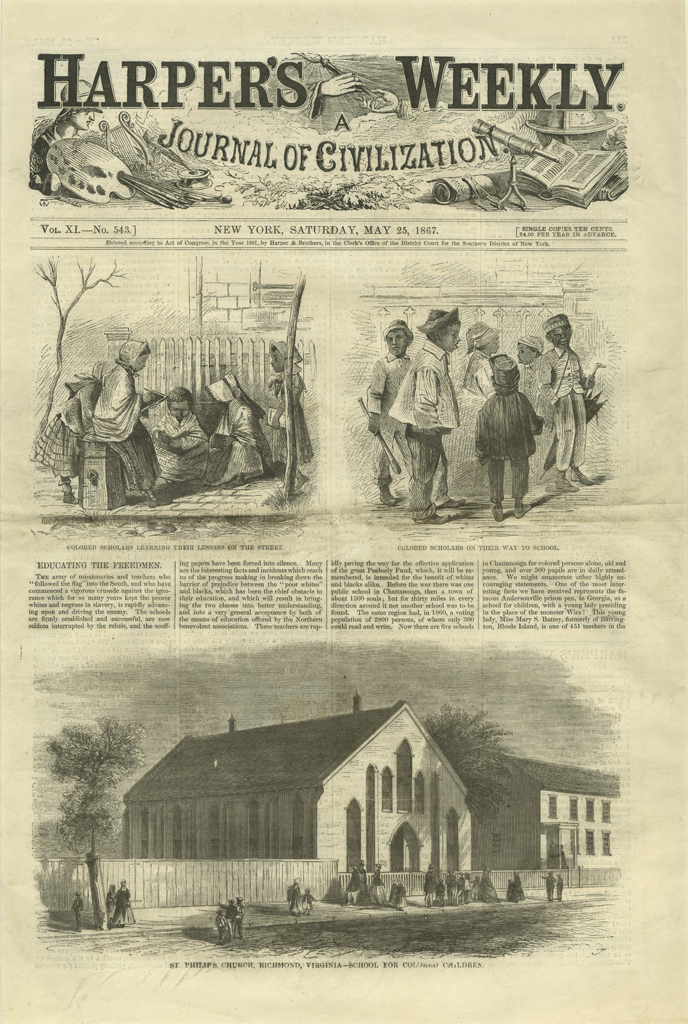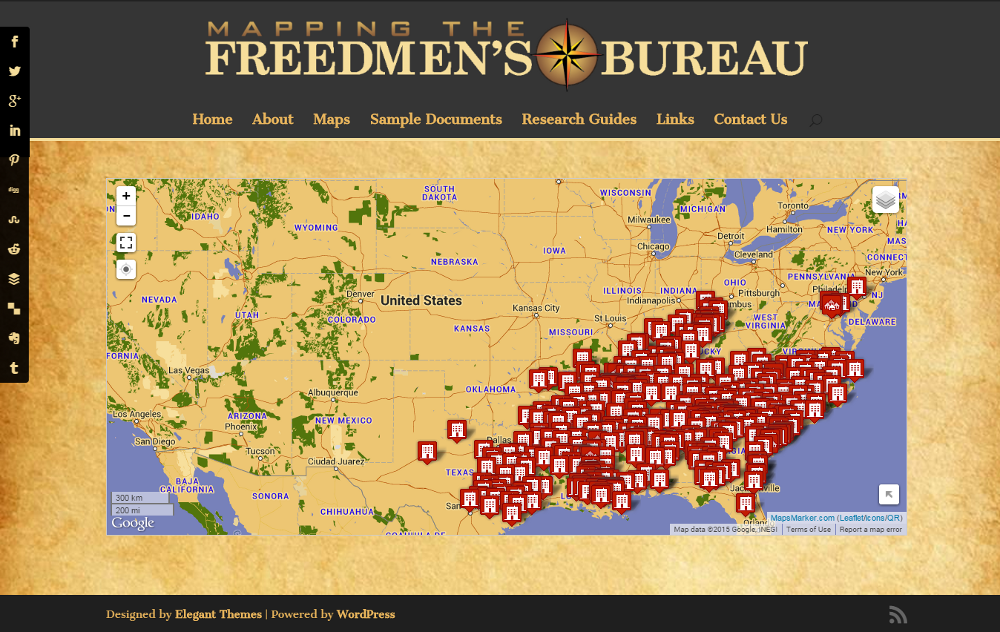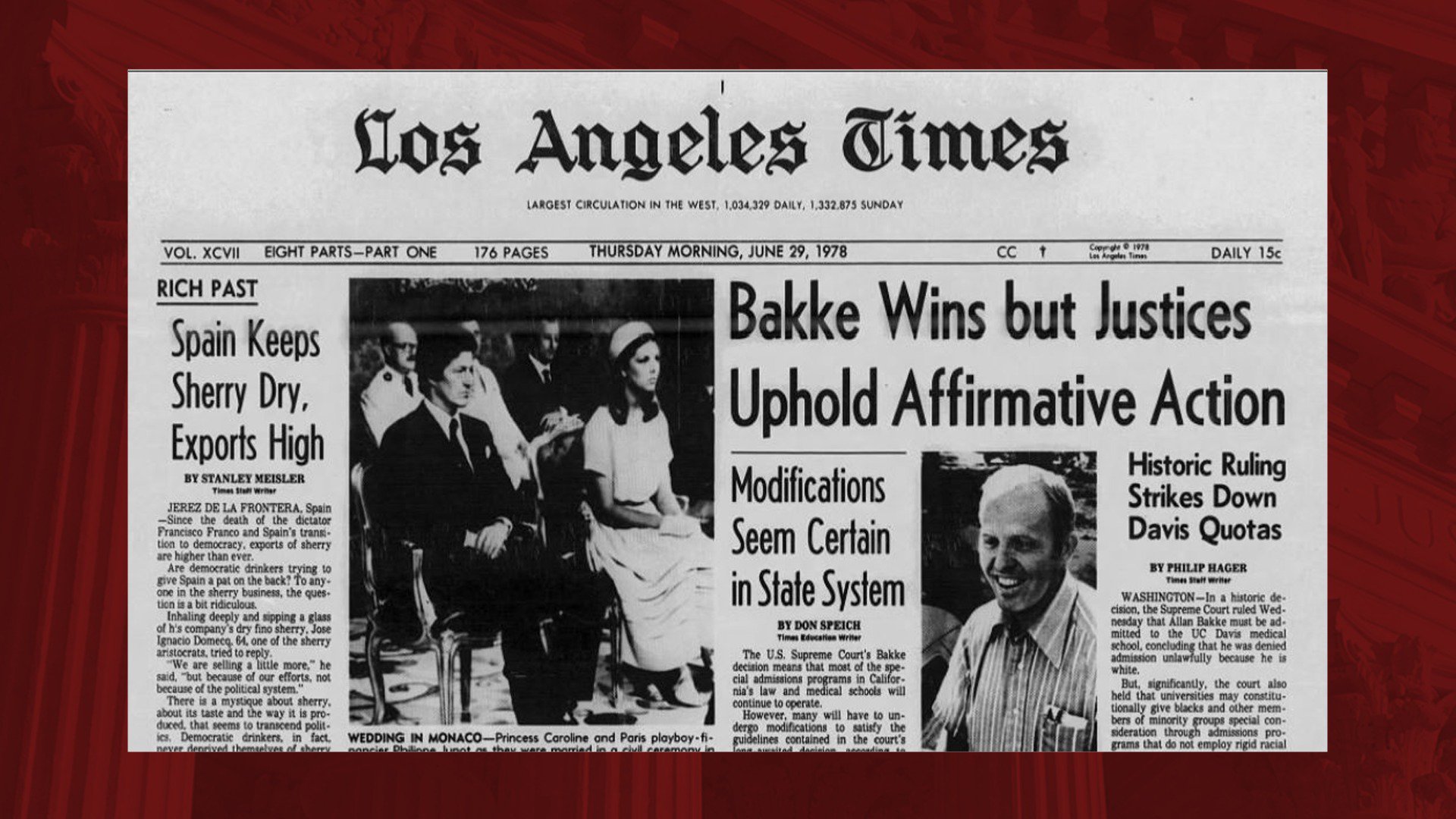It provided food, housing, medical aid, helped establish schools, and offered legal assistance. In addition, it also aimed to help former slaves settle on land that had been confiscated or abandoned during the war.
The Freedmen's Bureau helped in feeding millions of people, built hospitals, which provided medical aid, was able to negotiate labor contracts for ex-slaves, and helped former slaves be able to legalize marriages and locate their lost relatives. It was also instrumental in building thousands of school for blacks; it helped to found colleges such as Howard University, Fisk University, and Hampton University.
Although the agency was thought to have only been a temporary thing, only carrying out its duties till the end of the war, one year later, it had been placed under the authority of the War Department. Majority of the employees of the agency had been Civil War soldiers; Union general, Oliver Otis Howard was appointed commissioner of the bureau.
From the beginning, the bureau faced a lot of resistance, the majority coming from white Southerners. But, another big opponent of the agency was President Andrew Johnson. Only a year after the agencies formation, Congress introduced a bill in order to extend the powers of the bureau. President Johnson vetoed the proposed legislation, claiming that it interfered with states rights and gave preference to one group of citizens over another.That same year only months later, Congress overrode the president's veto and therefore passed a revised version of the bill. Not sitting well with Johnson, he entered into a fight with the Radical Republicans in Congress, a group in which had viewed Johnson's Reconstruction policies too lenient. Due to this, the agency suffered greatly.
The Freedmen's Bureau had been organized into districts that covered the 11 former rebel states and the border states, setting up offices in a total of 15 states, all in major cities. In addition, each district was led by an assistant commissioner. Over the entirety of its existence, the bureau had been underfunded and understaffed, reaching a peak of only 900 agents.
The Freedmen's Bureau ultimately came to a close in 1872 due to both funding limitations and racist attitudes toward the agency. African Americans were forced to deal with their own complications with racial attitudes and discrimination, in which many decided to continue to work for their former masters as sharecroppers or tenant farmers.Although in the end the bureau was forced to shut down, it still had many positive outcomes in which led the former enslaved people to their journey for freedom and citizenship. It gave the former slaves hope for the future and started their lives after the Civil War on the fight and road for equality.







No comments:
Post a Comment